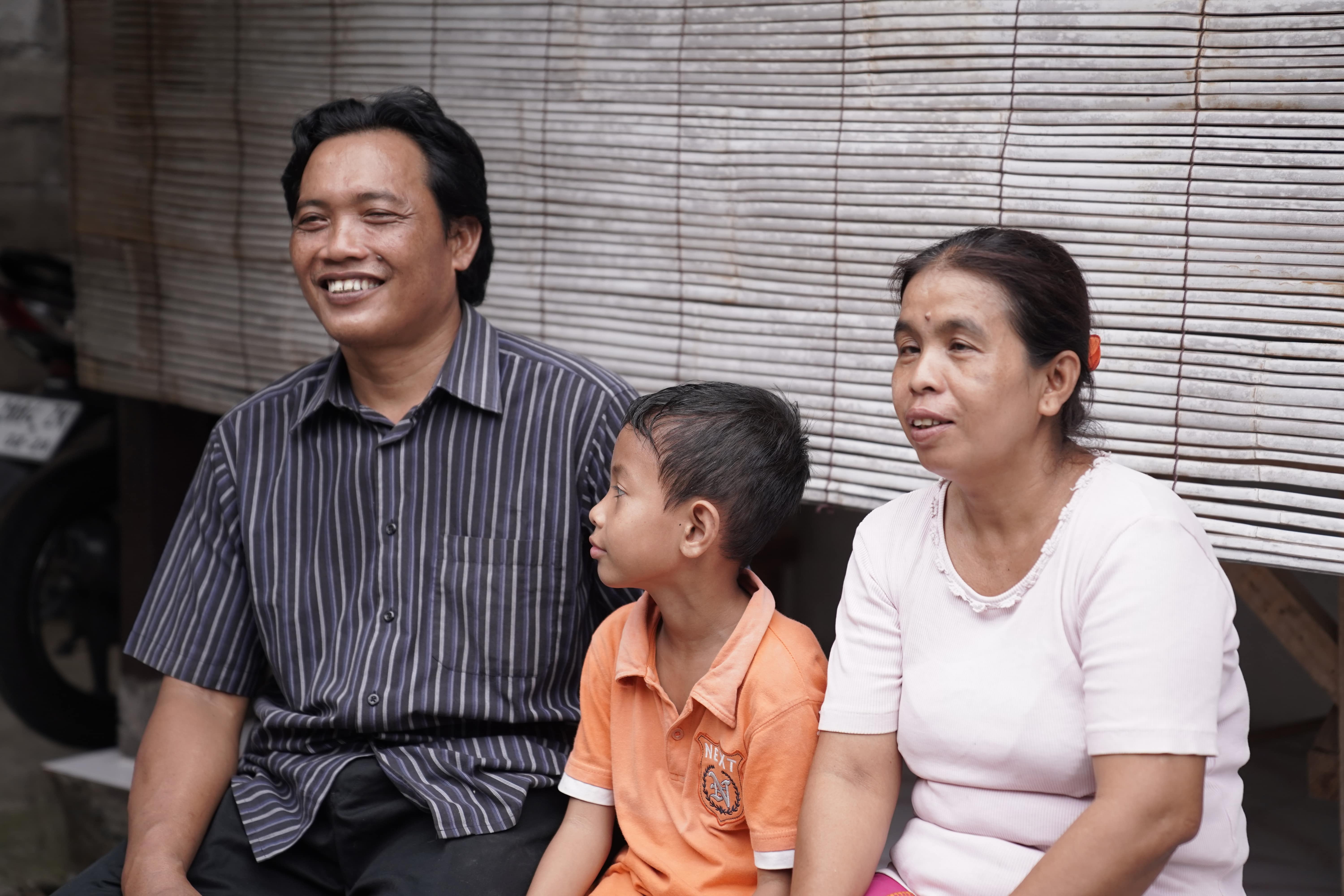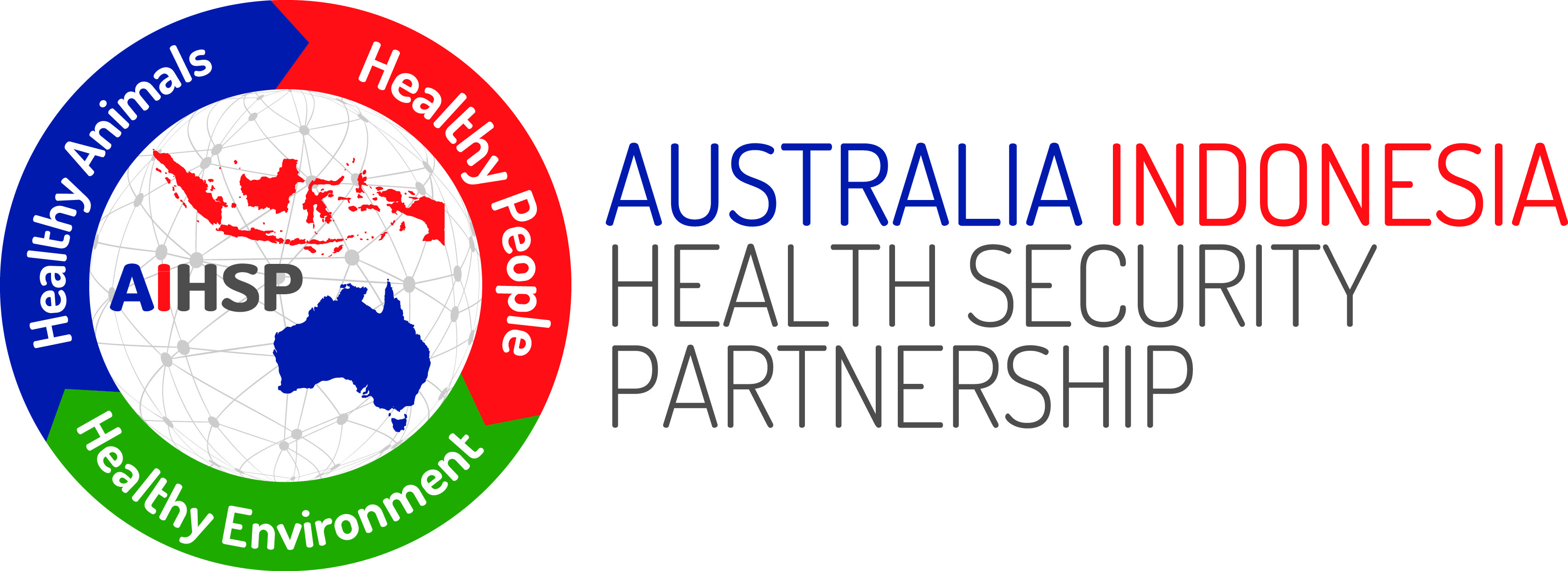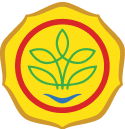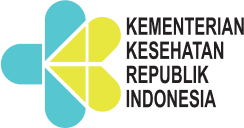The Resilience of Persons with Disability in Chicken Breeding

I Gusti Ngurah Kade, the Head of Pertuni in Jembrana District, has been actively engaged in various initiatives led by the Australia Indonesia Health Security Partnership (AIHSP). His involvement began with coordinating the last-mile COVID-19 vaccination efforts for people with disability, thereby demonstrating his commitment to ensuring inclusivity in healthcare. He also played a vital role in disseminating crucial information about rabies among individuals with disability.
Born with low vision and having been blind for decades, I Ngurah faced educational challenges‒only completing Year 5 of primary school due to limited access to learning resources. Introduced to a skills training centre under the Social Affairs Agency by his parents, I Ngurah pursued a massaging course which became his primary occupation for many years.
Amid the pandemic's physical distancing policies, I Ngurah and his wife, who also has low vision, experienced a decline in massage orders‒prompting them to explore alternative sources of income. I Ngurah learned about chicken breeding from friends and decided to venture into it. Using borrowed funds from the government, he initiated his chicken breeding enterprise and handles everything from designing the chicken coop to growing and selling the chickens.

With decreasing demand for massages, chicken breeding became the main source of income for I Ngurah's family during the pandemic. This additional income allowed I Ngurah and his wife to send their two sons to school. The eldest completed his diploma and currently works in a hotel in Denpasar, while the younger one is in the second year of primary school.
.jpg)
Managing the chicken business is a shared responsibility between I Ngurah and his wife. While I Ngurah feeds the chickens and gathers information about market prices, his wife takes care of food preparation, vitamins for the chickens, and cage cleaning. I Ngurah relies on his sense of touch to assess the chickens' growth and readiness for sale, however, he currently lacks information about chicken health or related government support.
As the International Day of Persons with Disabilities coincides with Pertuni's newfound legal status, I Ngurah envisions future improvements in accessing support for activities benefiting people with disability. He hopes that his chicken business will flourish and provide sustainable income‒especially as he ages and night-time massages become less feasible. I Ngurah expresses deep appreciation for his enduring connection with AIHSP and eagerly anticipates its continuation‒recognising the pivotal role it plays in shaping a brighter future for individuals with disability.

Share this article on:





